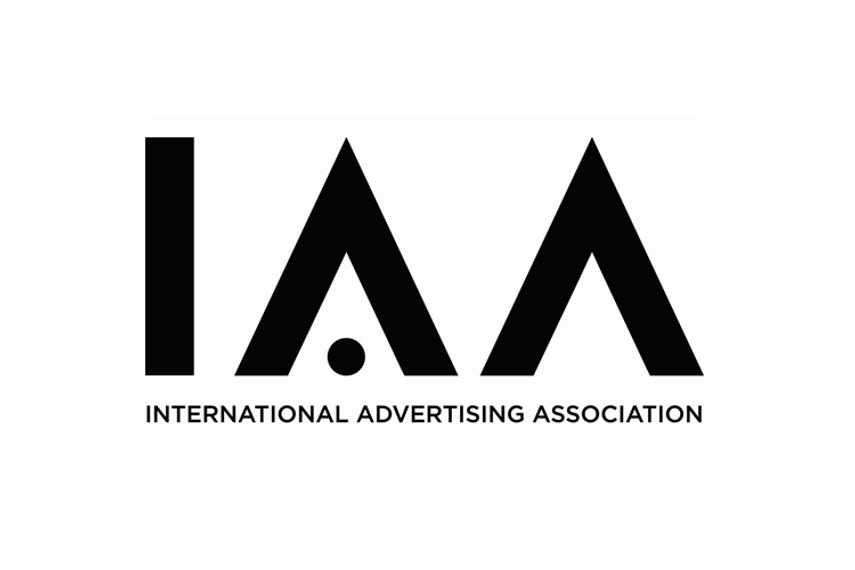
Please sign in or register
Existing users sign in here
Having trouble signing in?
Contact Customer Support at
[email protected]
or call+91 022 69047500
AAAI also issues statement after Tanishq had to pull down a film

Contact Customer Support at
[email protected]
or call+91 022 69047500
Top news, insights and analysis every weekday
Sign up for Campaign Bulletins
Google’s AI Max for Search signals a shift in how information is found, used, and expected to perform—and is raising new challenges for marketers and brands alike.
Latest results reveal uneven performance across regions, with Asia-Pacific facing challenges amid shifting client priorities and global cutbacks.
King Khan’s Met Gala debut exposed a PR and media blind spot—one that marketers must fix if India’s soft power is to land globally.
Asia Video Industry Association (AVIA) organises 'Future of Video India 2025' conference to discuss issues regarding content creation, distribution, monetisation, and regulations.